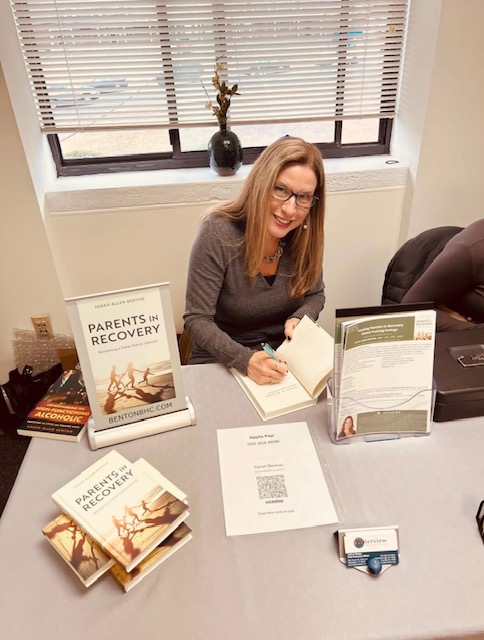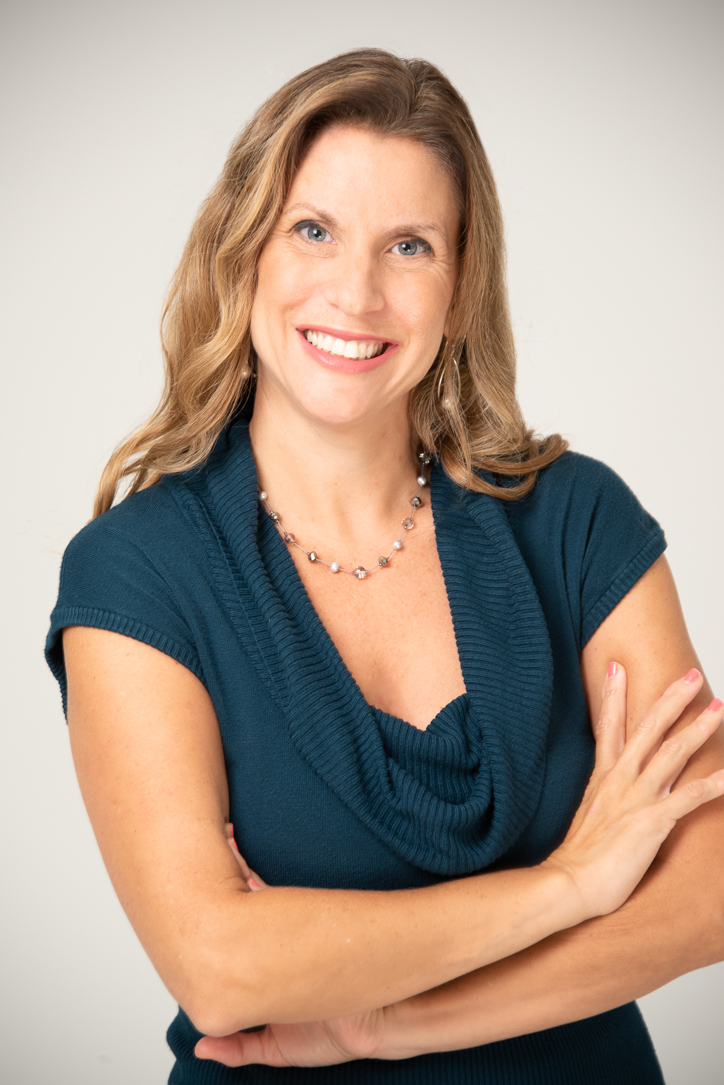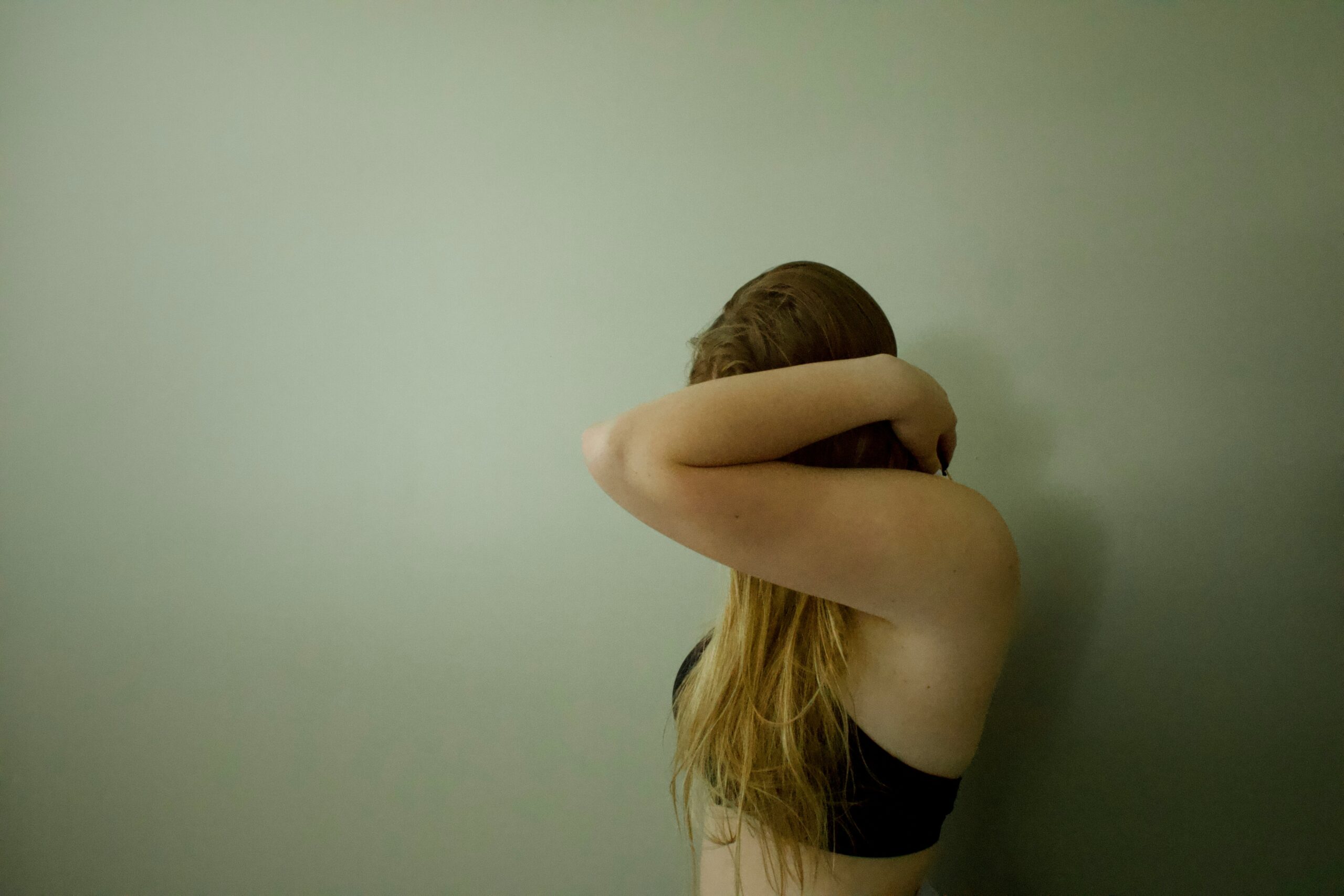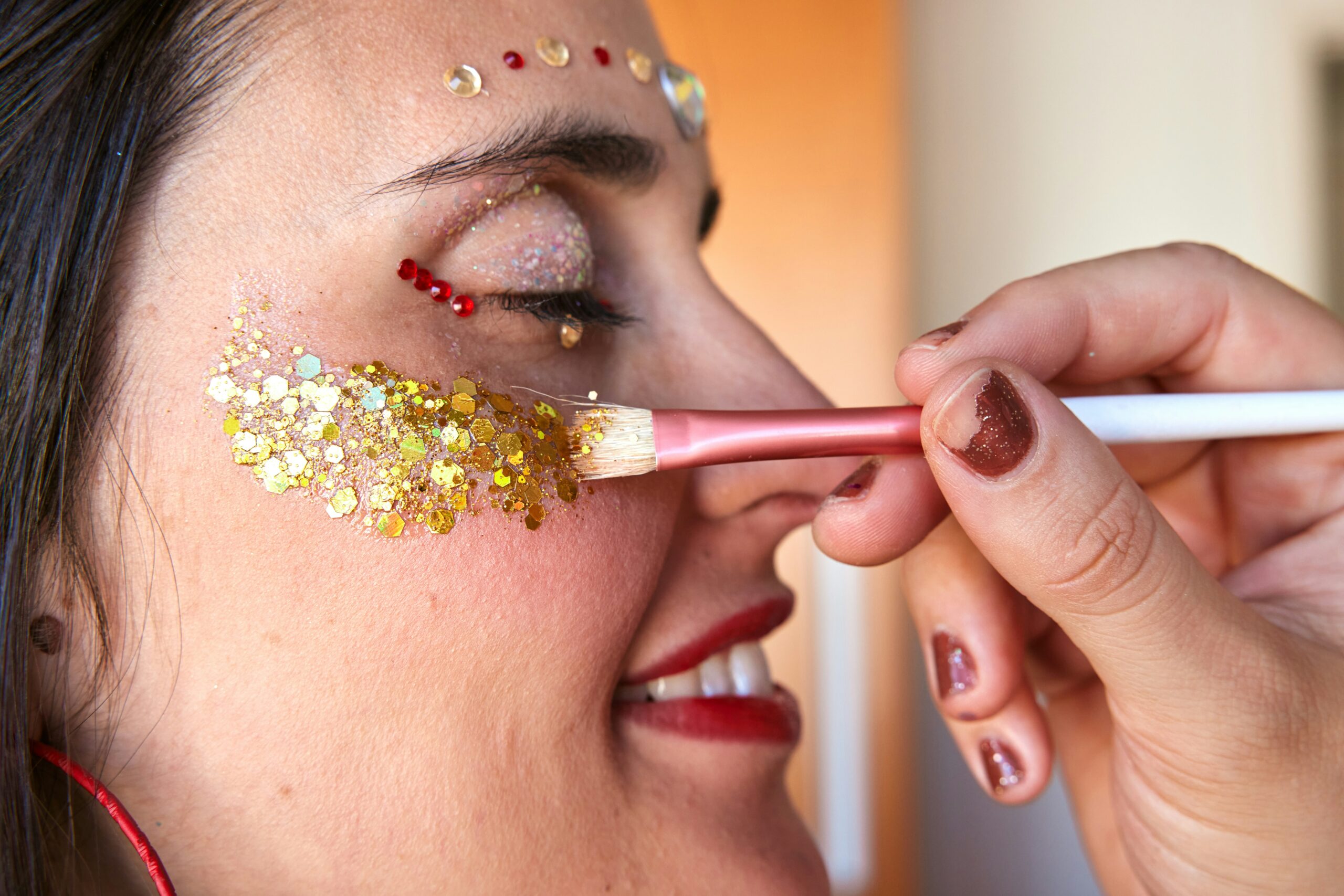“Always put your child first.”
“Motherhood is the most selfless act.”
“Self-care is selfish.”
These are the societal messages that have single-handedly taken mothers down. As an only child of a very “selfless” mother, I compared myself to that image. But there’s one big difference between my mother and me: I am a mother in recovery from alcoholism.
If I’m honest, I was not sure if I wanted to have a child. I kept waiting and waiting…and waiting for my biological clock to go off. As I approached my early 30s, I felt like something was missing inside of me—that I wasn’t like other women. I would jog around the park in Boston, staring at other parents who appeared so enthusiastic about having children. I wanted to absorb that desire by osmosis, or, maybe, by studying them to develop this instinct.
Simultaneously, I felt different from other women. I have been in recovery from alcoholism since age 27. Before getting sober, I had been the irresponsible one, the wild child, the rebellious teenager, and a young adult who had just started to mature. I was developmentally behind others in terms of readiness for marriage and a family following years of a party lifestyle. I explained and justified that stunting through my career pursuits and need for independence.
I had also spent the past several years focused on my recovery from both an addiction and an anxiety disorder. I had worked tirelessly to get my mind and body in sync, and I was aware of how tenuous this could be. Therapy, self-help, yoga, meditation, group therapy, medications, energy healing…I had been doing it all. As a married but childless woman, I could manage a career and to focus solely on my recovery. I knew motherhood wouldn’t upend that delicate equilibrium, and it scared me.
I couldn’t picture myself as a mother, responsible for a child. Quite honestly, I did not really like children. Pets, yes; babies, hard no.
And then I got pregnant.
All of my fears came rushing into my consciousness. I melted down…and then I got on board, excited, changing gears, seeing the magic of pregnancy with a man whom I loved deeply. At seven weeks pregnant, I miscarried, and we were devastated. But something shifted:my biological clock had been ignited. I tried again several months later and succeeded.
Pregnancy was an excuse to slow down and allow myself to be taken care of. The motor that usually existed in my mind had downshifted a bit and I welcomed the excuse to “do” less. I was also extremely fatigued as I had insisted on proactively taking progesterone for borderline levels. I did not want to take any chances, given my past miscarriage — and I was driving those efforts advocating for myself with my OB-GYN. I eventually switched to the midwifery model because this aligned with a less pathological view of pregnancy and childbirth.
Most new mothers are screened for the first six months postpartum for mood issues, and it felt like I slipped through the cracks. My recovery routine and sense of balance was completely dismantled as a new mother. I learned that my nervous system does not handle sleep disruption well and the biologically based “light sleep” took its toll. I stopped breastfeeding at five months and the drop in oxytocin also had a dysregulating effect. I was consulting with my therapist and prescriber and was also struggling to function well at work during this time of sleep deprivation (some due to my own inability to fall and stay asleep). I was also struck with how disorienting this experience was: more than I could have ever anticipated. I was also keenly aware that my mental health and recovery were a layer of my life that needed ongoing focus.
As I crawled out of the new mother fog, I recognized that being a mother in recovery felt strange; it felt so mature and grown up. There was a cohort of women in my self-help meetings who had children around the same time. We would get together with our babies for meetings, and it was such a valuable source of support. We were all sober before becoming mothers, which lessened some of the stigma surrounding addiction and gave us a strong foundation to build upon. They gave me permission to put my recovery first and not to feel “mom guilt” about that. Because we all knew: if our batteries weren’t charged, relapse could be waiting.
My husband and I relocated from Boston to Connecticut when my daughter was 2 years old. Through her younger years, I was fortunate to meet several other mothers who were also sober. I clung onto them in my mind…I was not the only “buzzkill” mother. My husband and I have been quite public about our recovery, and a quick Google search would tell you a lot about my story.
As my daughter got involved in school and sports, we got to know other parents who both drank a lot, who drank moderately, and who did not drink at all. Still, I sometimes wonder if other parents avoid socializing with us because we’re sober. Does our mere presence make them uncomfortable or feel judged?

On the other hand, I have had the privilege of supporting other mothers in the beginning of their sobriety journey.
I have seen all of the stressors and struggles that they experience as they fight their way towards recovery. The combination of overwhelm about stopping drinking and the shame around admitting they have a problem is enough to deter many mothers from acknowledging the issue or seeking support. We live in a society where mothers are pushed to do more, work more, care more, and multitask more. While technology may increase efficiency, social media’s highlight reels fuel comparison. There are not enough hours in the day to be everything we’re told to be.
As an addiction therapist and author of the books ‘Understanding the High-Functioning Alcoholic,’ and ‘Parents in Recovery’, I have spoken with countless mothers about the role that alcohol has played in their lives. I remember leading a women’s early recovery group before I had my daughter, and I wondered why so many mothers, working and stay-at-home, were drinking.

Then I took a four-month maternity leave, and it all made sense. As a working mother, I was used to a certain level of intellectual stimulation, accomplishment, structure, and adult interaction. Life before having children can often allow for more self-care and downtime. After you have a baby, you are still “on” and giving to others when you are done working. Many mothers reported that drinking was their “me time” and was a quick way to unwind. Mothers who drink often socialize with others who drink like them, and that creates a feedback loop validating the behavior.
As a mother in recovery, I do not have that option to check out mentally.
I have had to find my way with the support of so many others. I clung to my boundaries around downtime, self-care, and balance so that I could protect my recovery. I did not feel guilt, and I have accepted that this is necessary for me to show up as a mother. Sobriety taught me that lesson long before motherhood did.
At social events, I sometimes sense others growing self-conscious about their drinking or apologizing for it. I reassure them I’m okay—that I wouldn’t want to drink anyway. Blackouts were my preference once, and I have no desire to go back. Still, I sometimes feel like the “bad” mother who had misbehaved when I was younger, and now I can’t drink with the adults. My alcoholism seeps into life even in sobriety—shame can be stubborn that way. Over the years, I’ve met other mothers new to recovery. Those who get sober after having children carry layers of shame that include both being an alcoholic and causing wreckage within their family system. It takes courage to own the impact and humility to seek support. But the confidence that comes from breaking the cycle is immeasurable.
I got sober at 27 because I had radical acceptance that I could never have the life I wanted with alcohol in the picture. I was bitter, grieving, longing, and generally out of balance. This was the long-term investment that I gave to myself over 20 years ago. While it took over a decade to experience genuine gratitude, becoming a mother solidified every sacrifice that I made.
While I am far from the perfect mother, I can wake up confident in what I have said and done, take responsibility for my mistakes, and feel genuine pride in my recovery. And that, I’ve learned is enough.
Author
-

Sarah Allen Benton is a Licensed Professional Counselor and Advanced Alcohol and Drug Counselor. She is the co-founder and chief clinical officer of Waterview Behavioral Health and co-owner of Benton Behavioral Health Consulting. Sarah is author of the books “Parents in Recovery: Navigating A Sober Family Lifestyle” and ""Understanding the High-Functioning Alcoholic"" and has been featured in the New York Times, on The Oprah Winfrey Show, The Today Show, CBS Early Show, SiriusXM, NPR and has her own Psychology Today.com blog. Sarah enjoys decorating, spending time in nature, watching true crime and spending time with her husband, daughter and pets.
View all posts




